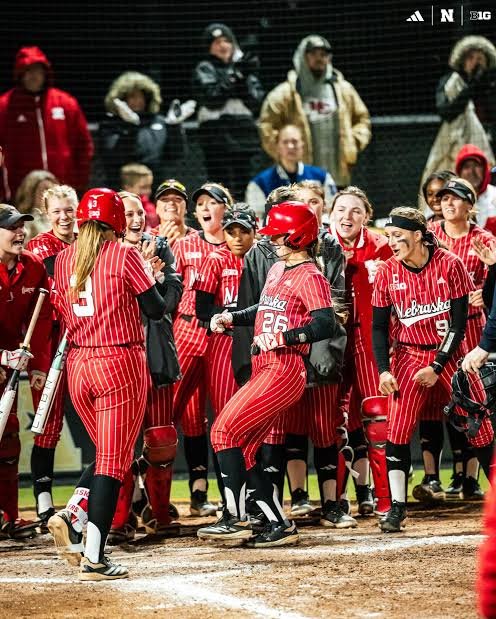In a surprising fusion of basketball IQ and cutting-edge technology, Duke University’s starting point guard has reportedly launched a private AI startup aimed at revolutionizing in-game preparation. The venture, which remains under the radar, is believed to provide real-time analytics on opponent tendencies between games, offering Duke a strategic edge in NCAA competition.
Beyond the Court: A Visionary Move
The player, whose identity has yet to be officially confirmed but is strongly rumored to be sophomore standout Jalen Carter, allegedly began working on the idea during his freshman year. With a keen interest in computer science and access to Duke’s innovation labs, Carter partnered with a pair of fellow students from Duke’s Pratt School of Engineering to develop proprietary algorithms capable of analyzing video footage and opponent statistics in near real-time.
“This isn’t just scouting,” said one insider familiar with the project. “The system tracks everything from player footwork to zone shift patterns and even emotional body language during crunch-time. It’s like having a chessboard that updates with every move your opponent makes.”
The AI System in Action
Nicknamed “BlueBoard” by its creators, the system reportedly pulls in data from both televised games and closed practice footage (when available), cross-referencing tendencies like shooting angles, dribble frequency, pass preferences, and defensive rotations. Once processed, it delivers player-specific briefs to the Duke coaching staff and select players just hours before tip-off.
Though unofficial, players have hinted at its impact. One anonymous teammate said, “We’ve been able to anticipate sets before they’re even called. I won’t say how, but let’s just say it’s more than film study. We’re always a step ahead.”
Why the Secrecy?
Despite its potential game-changing implications, the AI startup has remained entirely behind the scenes. Experts speculate the discretion is due to NCAA concerns about competitive fairness and student-athlete involvement in monetized ventures. While NIL (Name, Image, and Likeness) regulations allow athletes to earn from personal brands and businesses, using privately developed tools for competitive analysis may draw scrutiny.
“There’s a gray area when it comes to mixing tech entrepreneurship with athletic strategy,” said NCAA compliance analyst Rachel Moreno. “If the technology is being used to give an unfair scouting advantage, the governing bodies may intervene.”
A Glimpse into the Future of College Basketball
Whether or not the NCAA chooses to act, Carter’s initiative could be a glimpse into the future of sports strategy. As more athletes embrace technology and analytics, the line between player and tactician continues to blur. The BlueBoard system, if real, may inspire similar efforts across college basketball—and possibly beyond.
Duke head coach Jon Scheyer, when asked recently about the team’s preparation methods, responded cryptically: “We believe in being smart, on and off the court. We give our guys the tools to succeed—some of them just build their own.”
What’s Next?
Rumors suggest the startup has attracted interest from sports tech investors and even NBA franchises looking to license the platform. However, until the NCAA clarifies its stance, the system remains in stealth mode.
If the whispers prove true, one of college basketball’s brightest young minds may already be engineering a future where AI becomes as critical to winning as athleticism and hustle. Whether Carter ever confirms his involvement or not, Duke’s newfound edge may already be reshaping how the game is played—and how it’s prepared for.



